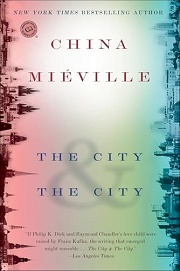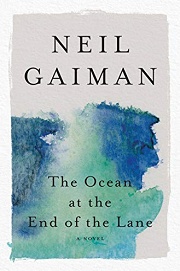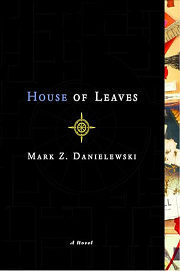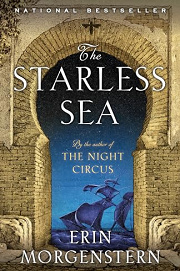Share your thoughts in a quick Shelf Talk!
Piranesi by Susanna Clarke
In an endless House of vast halls and silent statues, a gentle scholar maps tides and mysteries while meeting, on occasion, a single enigmatic visitor known as the Other. As clues surface about forgotten lives and hidden experiments, the walls of reality begin to shift. Piranesi is a luminous, quietly thrilling puzzle-box that rewards curiosity and wonder.
Have you read this book? Share what you liked (or didn’t), and we’ll use your answers to recommend your next favorite read!
Love Piranesi but not sure what to read next?
These picks are popular with readers who enjoyed this book. Complete a quick Shelf Talk to get recommendations made just for you! Warning: possible spoilers for Piranesi below.
In Piranesi, did you enjoy ...
... cryptic journals that map a beautiful, menacing place into being?
Annihilation by Jeff VanderMeer
If the way Piranesi’s dated journals slowly chart the House—its vestibules, statues, and tides—pulled you in, you’ll love how the Biologist’s field notes in Annihilation become a map of shifting reality inside Area X. The expedition’s log entries turn observation into revelation, much like Piranesi’s tide charts and list of the Dead. As secrets about previous expeditions surface and the lighthouse’s records are unearthed, the act of writing itself becomes the key to understanding a living, uncanny landscape—echoing Piranesi’s devotion to recording the House to truly know it.
... a reality-bending investigation that makes you re-see the world?
The City & The City by China Miéville
If you were hooked by Piranesi’s patient investigation—decoding the Other’s motives, piecing together missing years, and uncovering the truth behind the House—then Inspector Borlú’s case in The City & the City scratches the same itch. The murder inquiry forces him to navigate Besźel and Ul Qoma, twin cities occupying the same space that citizens must “unsee.” Like Piranesi’s discoveries about Ketterley and the Prophet, Borlú’s pursuit peels back layers of sanctioned ignorance, turning a mystery into a revelation about how we construct reality.
... memory, names, and the quiet shock of discovering who you really are?
The Ocean at the End of the Lane by Neil Gaiman
If Piranesi’s dawning recognition of his lost name and past moved you—the way scraps of notebooks, old messages, and the presence of 16 reshape his sense of self—then The Ocean at the End of the Lane will resonate. A man revisits a childhood farmhouse and, like Piranesi in the House, finds that memory is a door: Lettie Hempstock’s “ocean” reframes what he survived and who he became. It’s that same tender, uncanny journey from unknowing to identity, where the truth is both painful and healing.
... labyrinthine spaces that warp meaning the deeper you go?
House of Leaves by Mark Z. Danielewski
If the endless Halls, sudden tides, and impossible architecture of the House enchanted you, House of Leaves pushes that sensation into a darker register. A family discovers a hallway that shouldn’t exist—like stumbling on a new Staircase in Piranesi’s world—and each exploration rewrites what the house is. Layered documents, footnotes, and found texts mirror Piranesi’s records, but the descent becomes a psychological maze as well, asking what it costs to measure the immeasurable.
... portals, secret libraries, and the wonder of stories nested inside places?
The Starless Sea by Erin Morgenstern
If you cherished the sense of awe in Piranesi—the statues that seem to speak, corridors that feel sacred, and the idea that a place contains its own myth—then The Starless Sea offers that same immersive wonder. When Zachary Ezra Rawlins follows a painted door into an underground realm of stories, keys, and bees, he unravels a hidden history that, like the House’s origin and the Other’s schemes, reframes how worlds connect. It’s a lush, portal-laced odyssey for anyone who loved losing themselves in a beautiful, uncanny place.
Unlock your personalized book recommendations! Just take a quick Shelf Talk for Piranesi by Susanna Clarke. It’s only a few questions and takes less than a minute.





